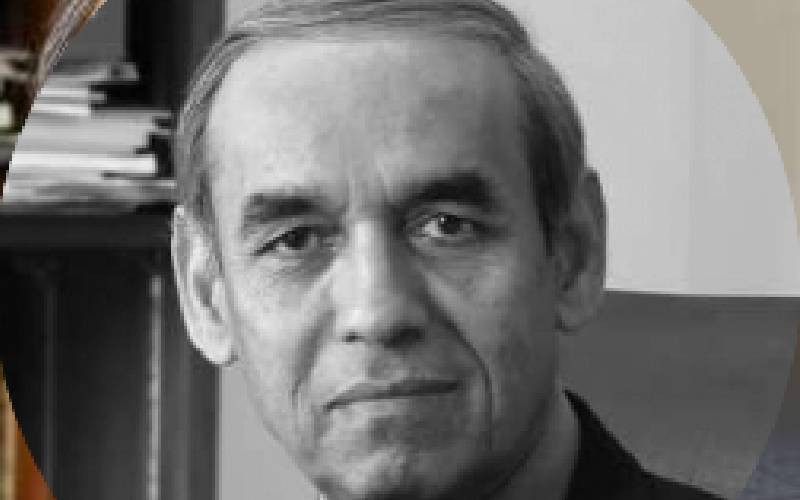×
The Standard e-Paper
Stay Informed, Even Offline

An estimated more than 700,000 people die by suicide yearly in the world. Almost 80 percent of suicides occur in low and middle-income countries, including Asia, Africa and South America.